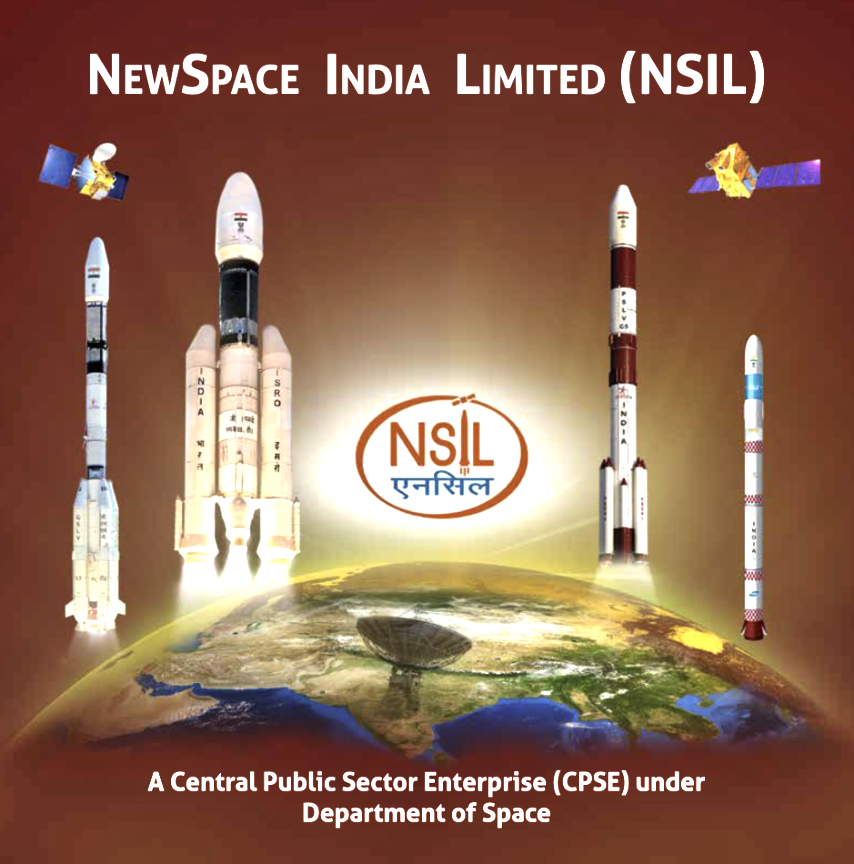
New Space India Limited (NSIL), a Government of India company under the Department of Space and the commercial arm of ISRO, is gearing up to undertake its second ‘Demand driven’ communication satellite mission that involves the GSAT-20 [renamed as GSAT-N2], a high-throughput, Ka-band satellite, that is scheduled to launch during Q2 2024. GSAT-20 satellite will be fully owned, operated and funded by NSIL
The satellite will primarily be used for meeting the broadband communication needs of the nation. The GSAT-20 satellite will be fully owned, operated and funded by NSIL. As part of Space Sector reforms that were announced by the Government of India in June of 2020, NSIL was mandated to build, launch, own and operate satellites in “Demand-driven mode” for meeting the service needs of users.
As part of this, NSIL successfully undertook its first demand-driven satellite mission, GSAT-24, in June of 2022, wherein the capacity on-board the satellite was fully secured by TataPlay. The GSAT-24 mission was fully funded by NSIL.
Presently, NSIL owns and operates 11 communication satellites on-orbit. On similar lines, during Q2 2024, NSIL will be undertaking the GSAT-20 satellite mission to offer cost-effective, Ka-band HTS capacity, primarily for meeting the Broadband, as well as IFMC and cellular backhaul service, needs. The bulk of the HTS capacity on-board GSAT-20 satellite has already been secured by Indian service providers.
GSAT-20 offers Ka-band HTS capacity with 32 beams having Pan-India coverage including A&N and Lakshadweep islands. NSIL is realizing GSAT-20 satellite through ISRO and will be launched on-board a Falcon-9 under a Launch service contract between NSIL and SpaceX. GSAT-20 weighs 4700 kg and offers HTS capacity of nearly 48 Gbps. The satellite has been specifically designed to meet the demanding service needs of remote and unconnected regions.
